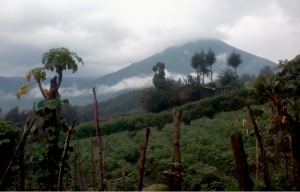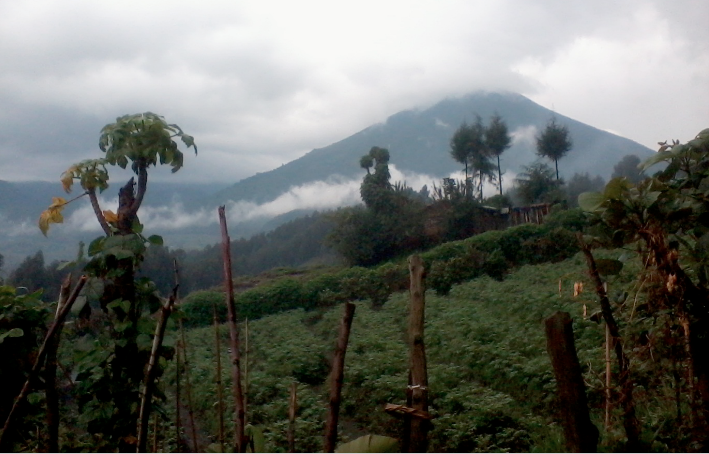
If you were given a resource that could guarantee revenue of $30 million every year, with almost triple that amount additionally coming through ancillary spending, would you ignore it? If this resource then had the power to lift some of the most marginalised people on the planet out of poverty, you would even think twice? Gorilla tourism in Rwanda is this valuable and the people living around Volcanoes National Park (one of the few remaining islands for this species) are some of the poorest in Africa. My research into interactions between the national park and local farmers has revealed that control of land is one of the key factors in creating conflict between the ideals of national park management and those of subsistence farmers. When people have little control over what they grow in this highly fertile region, either through government land use consolidation initiatives or private agro-industry, the impact of buffalos raiding potato fields or gorillas decimating eucalyptus plantations is exacerbated. The catch is, cultural values and hierarchies in Rwanda mean that leadership will be followed, as changes are effected unquestioningly. One solution is to increase the proportion of tourism revenue shared with local communities, instilling a feeling of ownership, and responsibility for, their forest. But this can only come with livelihood autonomy.
Author
Shane McGuinness: mcguinsk[at]tcd.ie
Photo credit
Shane McGuinness

